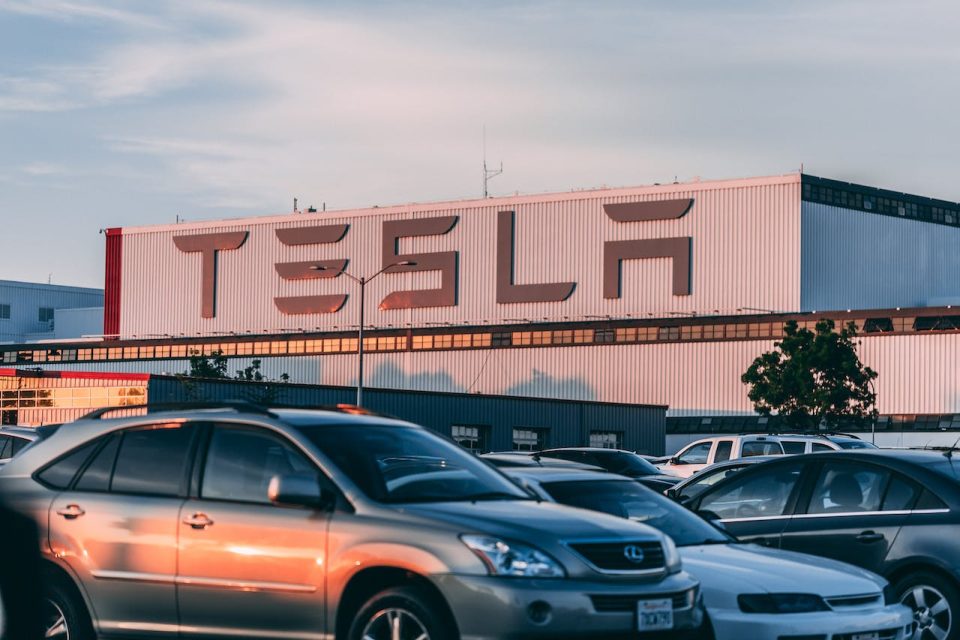In the ever-fluctuating landscape of the US stock market, Thursday saw a resilient performance despite Tesla’s somber earnings report. The Dow Jones Industrial Average (^DJI) futures edged up slightly, while the S&P 500 (^GSPC) futures continued their ascent after achieving a record close for the fourth consecutive day on Wednesday. Meanwhile, the tech-heavy Nasdaq 100 (^NDX) futures experienced a modest rise of approximately 0.4%.
The optimism in the futures market comes in the wake of a robust U.S. economic growth reading that surpassed expectations. The advance estimate of the fourth-quarter U.S. gross domestic product (GDP), unveiled on Thursday morning, revealed a remarkable annualized growth rate of 3.3%. This figure far outpaced the anticipated annualized pace of 2% predicted by economists, painting a brighter economic picture than initially foreseen.
However, amidst this positivity, Tesla delivered less-than-stellar quarterly results, triggering a notable drop of 8% in premarket trading. The electric vehicle (EV) giant issued a cautionary note, signaling a considerable slowdown in EV production growth. CEO Elon Musk, in a characteristically candid manner, pointed to the threat posed by Chinese carmakers, warning that without trade curbs, they could potentially “demolish” their rivals. This setback for Tesla further accentuated its underperformance relative to the other tech-centered stocks that have been the driving force behind the S&P 500’s recent rally.
As the day unfolded, all eyes were on Intel (INTC) as it prepared to release its earnings report after hours. Wall Street was particularly attentive to the potential impact of an artificial intelligence (AI) boost on the chipmaker’s performance. Additionally, the aviation sector took center stage with American Airlines (AAL), Alaska Airlines (ALK), and Southwest Airlines (LUV) under scrutiny for their quarterly results. The recent Boeing (BA) door plug flaw, which resulted in grounded planes, added an element of suspense to these reports.
The Federal Aviation Administration (FAA) had given the green light on Wednesday for the return of the 737 Max 9 jets to service once airlines completed safety checks. However, Boeing received a directive to freeze any planned increases in production of the model. This unexpected twist not only caused disruption for Boeing’s customers and suppliers but also contributed to a decline in the company’s shares.
As Tesla’s cautionary note reverberates through the halls of the U.S. stock market, today’s dynamics showcase the delicate equilibrium between corporate performances and the broader economic landscape.
Source: Yahoo Finance

